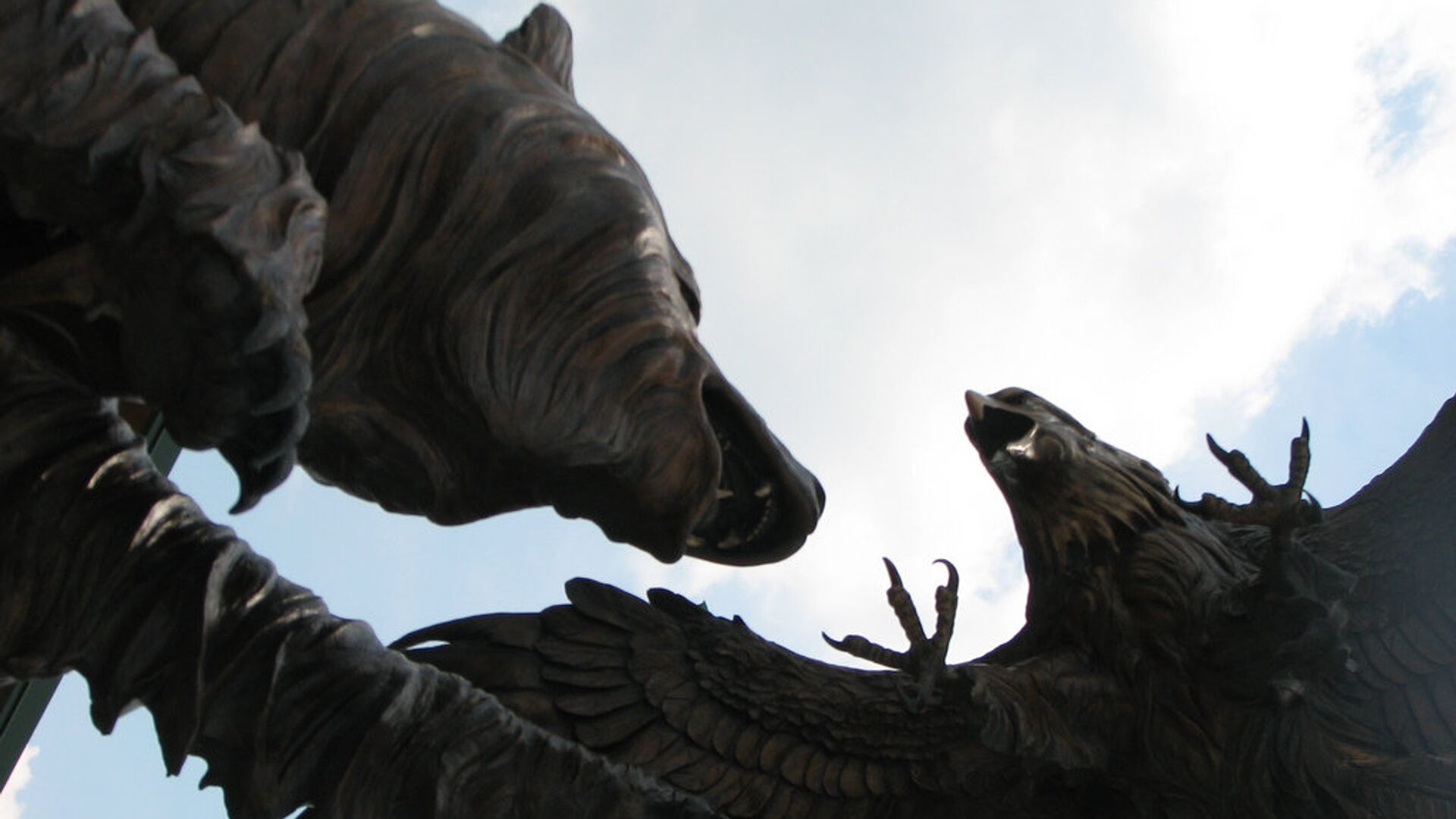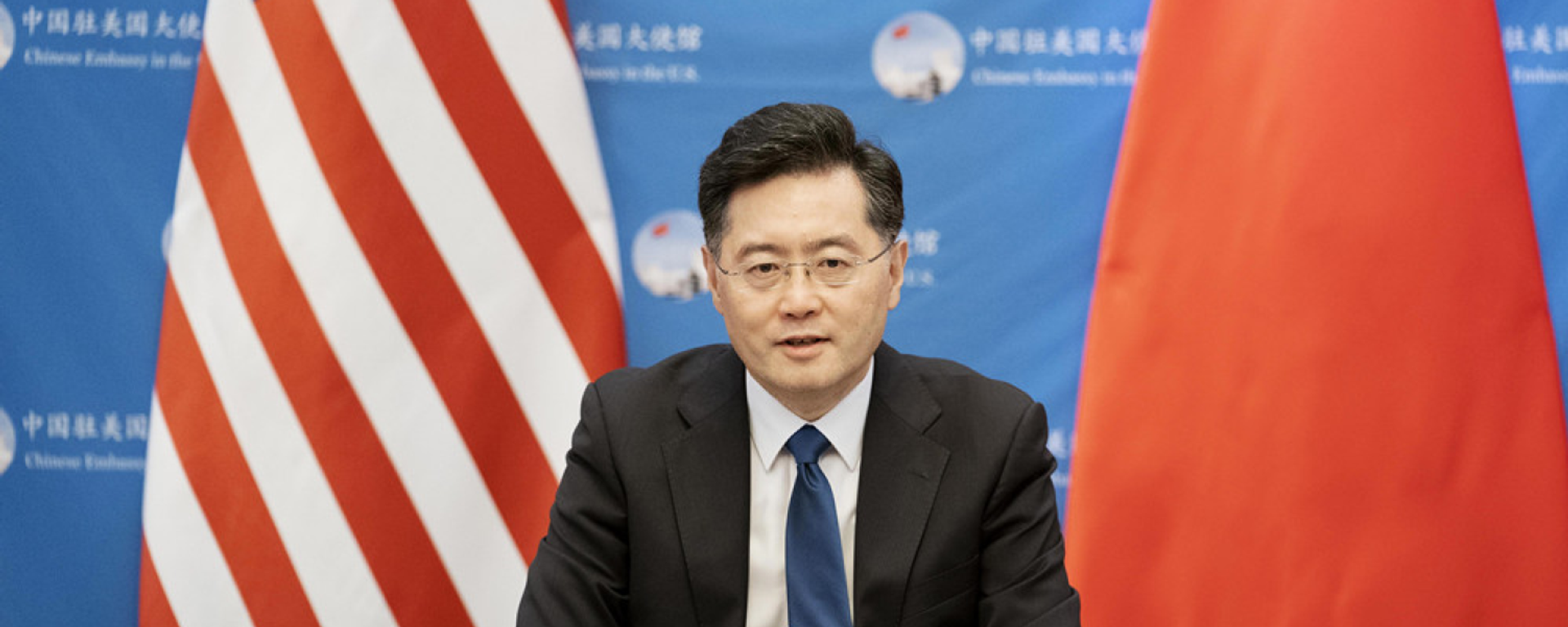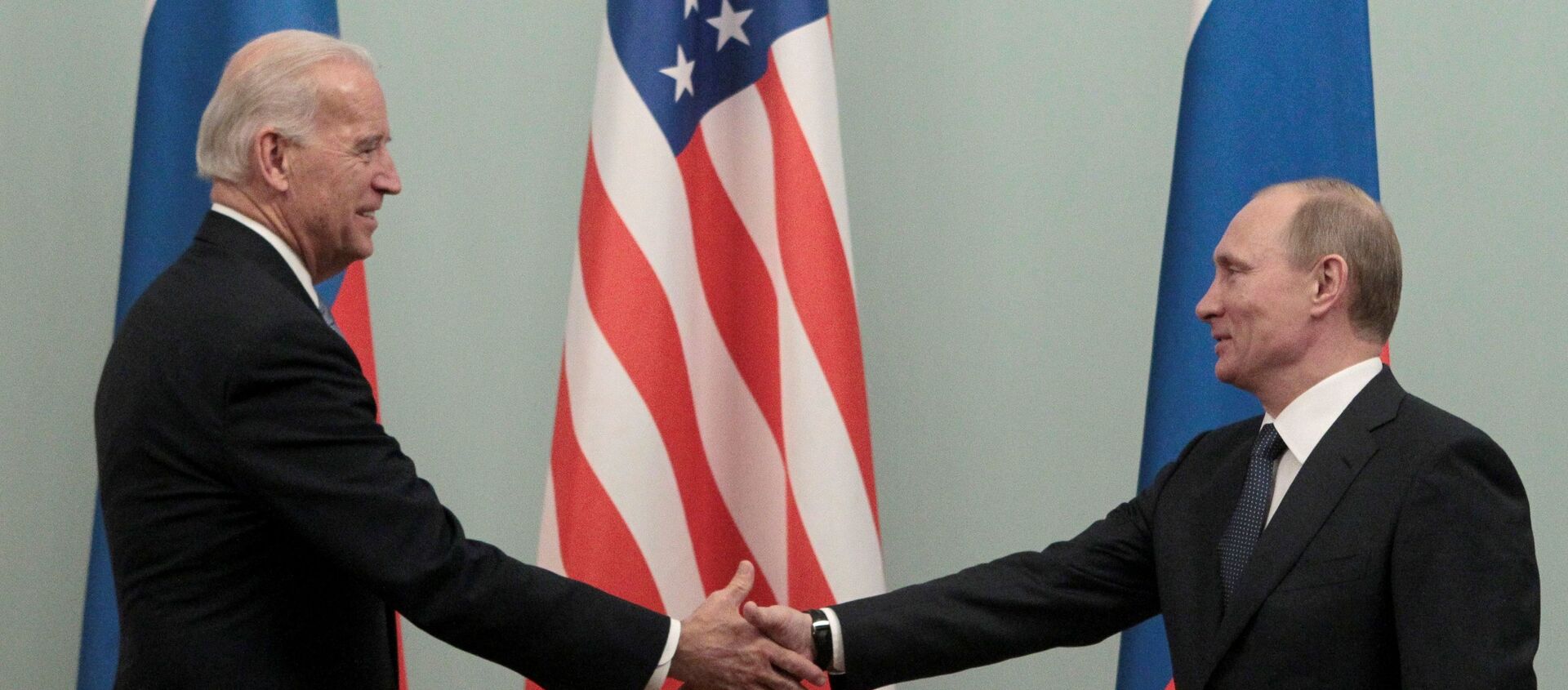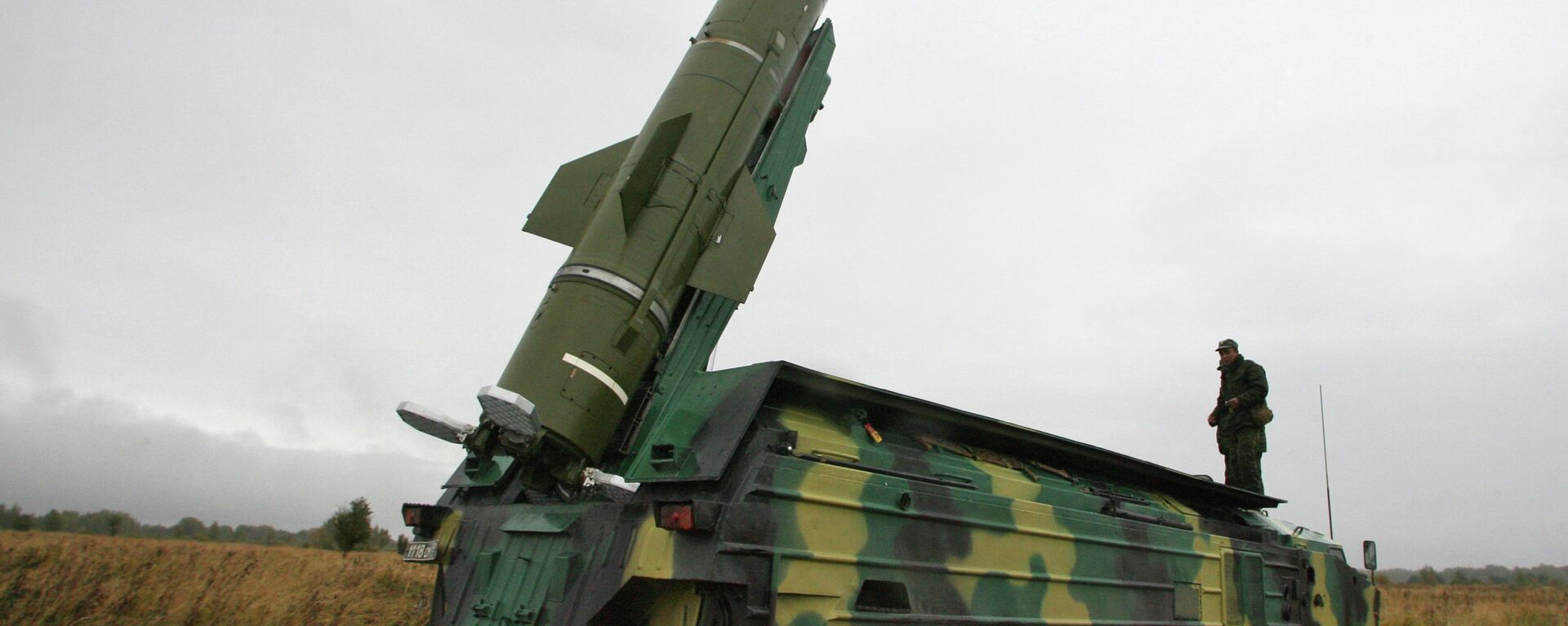Ex-CIA Agent Calls on Washington to ‘Honestly Assess’ How US Has Contributed to Russia Tensions

© Flickr / Dan Century
Subscribe
Tensions between Russia and the West hit post-Cold War highs over Ukraine amid claims by the US and the EU that Moscow may be preparing to invade its neighbour. Russia has dismissed these claims, and expressed fears that the ‘invasion’ claims may be a smokescreen for ambitions by Kiev to resolve the frozen civil conflict in east Ukraine by force.
The current tensions between Russia and the US bear many of the hallmarks of Cold War-era animosities between Moscow and Washington in spite of the disappearance of virtually all of that conflict’s ideological and economic components, and Washington would do well to consider its own role in reigniting the conflict, former CIA officer Joe Weisberg has suggested. Part of the solution, he said, may lie in casting off the “one-dimensional” perspective of Russia.
In an op-ed in the Washington Post, the former agent-turned television writer, whose work includes The Americans, an FX television series offering a sympathetic portrayal of KGB agents during the Cold War, Weisberg noted that the latest news about US-Russia tensions feel “depressingly, pointlessly familiar.”
“…While the Soviet Union is gone, the fight between the United States and Russia somehow survives. It is no longer a contest between communism and democracy/freedom/capitalism, but is it a battle between an autocracy-spreading Russia and an America hanging onto democracy for dear life? A repressive oligarchical kleptocracy and a rich but faltering example of extreme capitalism? A struggle between a couple of old adversaries? Yes, Russia has serious flaws…Even so, the US-Russia conflict has outlived virtually all of the issues that once animated it, a remarkable testament to our (and no doubt their) need to have a best enemy,” Weisberg wrote.
As during the Cold War, the ex-spook believes, part of the problem is the simplistic view with which the US sees itself and the other side –as a virtuous force against an evil enemy.
“We were the good guys, and I was one of the good guys. I was not alone in seeing the world through this one-dimensional lens,” Weisberg noted, recalling his youth and time with the agency. “I eventually came to reckon with how simplistic my views on the ‘evil’ empire were. I had help. After I spent a few years at the CIA in my 20s, therapy in my 30s started to loosen the grip of rigid thinking. In academia, after the collapse of the Soviet Union, more complex and nuanced views on Soviet history and politics increasingly flourished. And the flood of new ideas and perspectives coming out of post-Soviet Russia profoundly challenged the old certainties about matters from Stalinism to the role of the Soviet press,” he recalled.
America, Weisberg suggested, seems to be “collectively stuck in the past” in the current conflict.
“Just as we did during the Cold War, we see ourselves as the good guy victims of an immoral opponent. This time, the Russian state, personified by Vladimir Putin, is the one-dimensional enemy,” the writer noted. While suggesting that the narrative was founded on some “basic truths” about Russian attempts to reclaim past Soviet glories, or the country’s supposed efforts to spread autocracy abroad, Weisberg proposed adding some complexity and trying to understand Putin’s perspective -about being encircled by NATO, for example.
“Having reappraised the two decades I spent as a stalwart cold warrior, I do not believe that Putin and his pals in the Kremlin are villainous anti-American autocrats who pose a grave danger to our stable, decent and humane democracy. Instead, I see the US-Russia relationship under Putin as a back and forth, a collaboration in making enemies,” Weisberg wrote.
The former CIA agent pointed out that when Putin came to office in the year 2000, “he seemed somewhat open to the West,” lacking anti-American rhetoric, trading with the US and its allies, and offering Washington Russia’s wholehearted support after 9/11 amid Russia’s own battle with terrorism in Chechnya.
“Within a few years, though, the United States was trying to fully integrate some former Soviet republics into the West, bringing Latvia, Lithuania and Estonia into NATO, an organization specifically devoted to combatting Moscow. (Some former Warsaw Pact members such as Poland and Hungary had been admitted earlier, and more were admitted later.) We began building a missile defense shield to protect Europe, placing it in countries formerly allied with the Soviet Union (the shield was ostensibly meant to protect against missiles fired from Iran, but given the sites we chose, Russia didn’t see it that way). Putin became increasingly hostile. We eventually leveled an endless series of sanctions against a broad array of Russians and Russian interests, seeing it as our role to punish Russian misbehavior, whether it related to internal corruption and political repression or military adventures abroad,” Weisberg noted.
“Whether you think these moves were justified or not, they were all aggressive acts that a reasonable person — or state — might consider threatening,” the author stressed.
Weisberg recommended that the US unilaterally try to “ratchet down” the current “dangerous back and forth” with Russia through unilateral measures –such as lifting sanctions, or allowing Moscow to resolve its internal problems without US meddling. He argued that Washington could even release Aldrich Ames and Robert Hanssen, the two US CIA and FBI agents imprisoned in US jails for spying for the USSR and Russia.
“We have played, at the very least, our own significant role in fueling the animosity between our two countries. Ultimately, we cannot control what Russia does in this long-running conflict. But we can at least try to pull back from the fight,” Weisberg concluded.




